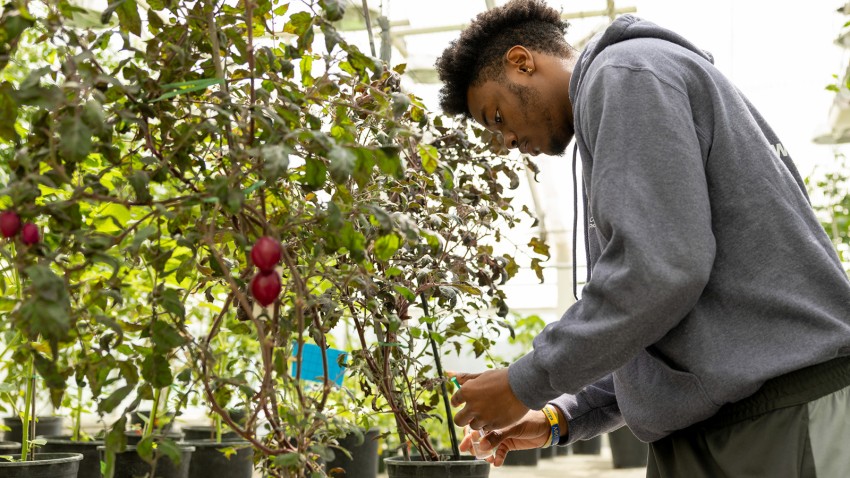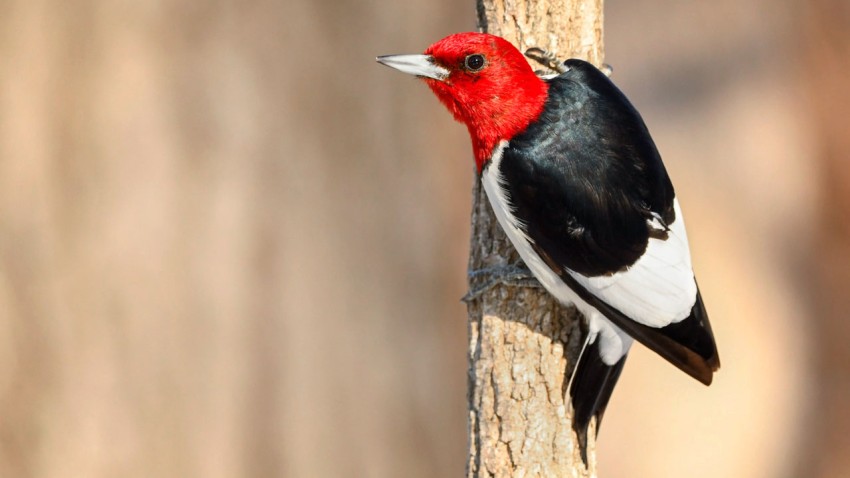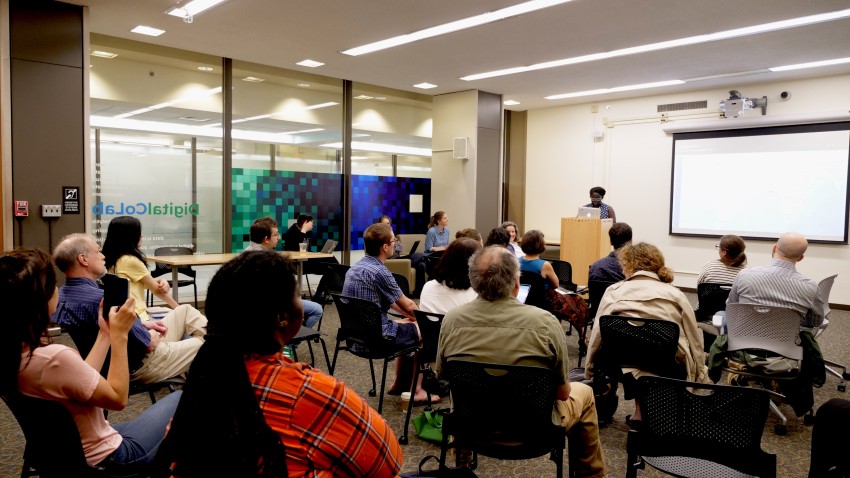News
The Center for Research on Programmable Plant Systems is welcomes the 2024 cohort of the National Science Foundation-funded Research Experiences for Undergraduates program.
Marina Caillaud, a senior lecturer in the College of Agriculture and Life Sciences, discusses stressors on bee colonies in an episode of the Cornell Keynotes podcast.
A team of faculty members and researchers, led by Gen Meredith from the College of Veterinary Medicine’s Department of Public and Ecosystem Health, has partnered with eCornell to launch the Public Health Essentials online certificate program.
Damaged grape berries combined with vinegar flies are a recipe for promoting sour rot, a disease that lowers vineyard yields and wine quality.
Load-bearing bones within the wings of smaller birds may evolve more freely than they do in larger birds, since larger birds have to resist higher levels of stress on their skeletons.
Fatal drownings are a big risk for small-scale fishers on Africa’s largest lake, with many of those deaths attributed to bad weather – conditions that are likely to worsen with climate change.
Home to Cornell University Library’s Digital Scholarship Services, the Digital CoLab on the 7th floor of Olin Library stimulates innovation in research and teaching while building connections among scholars across campus. It follows one simple formula: “People over projects.”
Researchers found that though the two species of giant hummingbird appear identical, the northern population stays in the high Andes year-round while the southern population migrates.
Cornell's newest interdisciplinary EEG lab could help faculty make breakthroughs in fields ranging from psychology to neurology to artificial intelligence.
Fruit flies, which humans have inadvertently spread around the globe, arrived in China roughly 4,000 years ago.










